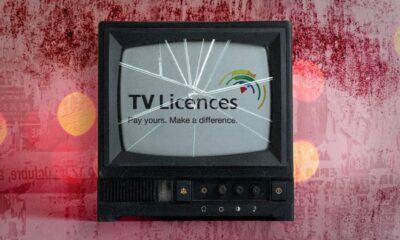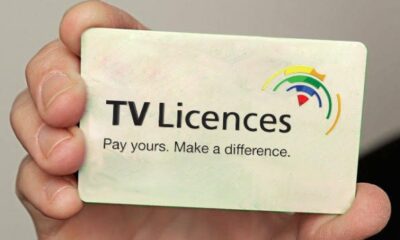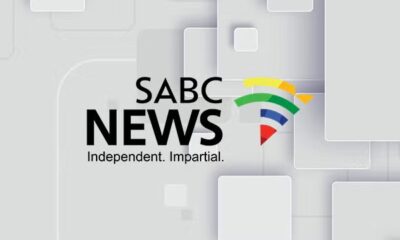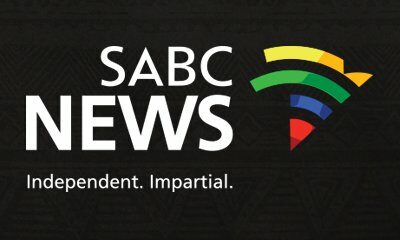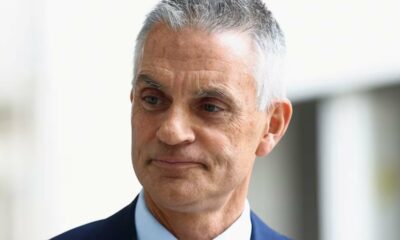411
SABC Plans TV Licence Fee Hike Amid Fading Public Support and Outdated System
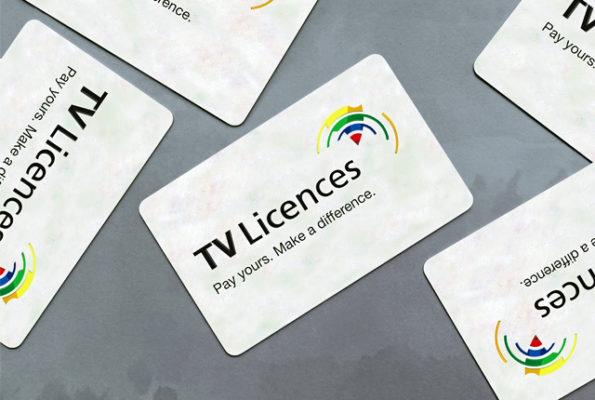
The South African Broadcasting Corporation (SABC) is planning to hike the TV Licence fee for the first time in over a decade—despite widespread public resistance and plummeting compliance rates.
Speaking before the Standing Committee on Public Accounts (SCOPA), the public broadcaster revealed that fewer than 20% of current licence holders are paying their dues. What’s more alarming is that very few new users are entering the system. Young South Africans, in particular, view the TV Licence as an outdated and illegitimate obligation.
“There’s no new person like a young person that is buying a TV license,” said the SABC. “It’s the same people that were paying from day one who are still paying today.”
The current annual fee of R265 has remained unchanged since 2013. Before that, it was increased from R250 in 2009. Now, the SABC wants to apply to the government for a formal fee increase and explore new collection methods as part of its seven-point sustainability plan.
Legacy Compliance, But No New Growth
The broadcaster pointed out that most of its TV Licence revenue—around R800 million a year—comes from ‘legacy’ licence holders. This group continues to comply, often out of habit or legal obligation, while others bypass the system altogether.
Many households reportedly use a single licence—often registered under a parent or elder relative—to make purchases or justify possession of television equipment. Once younger individuals move out, they rarely, if ever, register their own licence.
This trend, combined with the rise of smartphones, tablets, and streaming services, has fundamentally changed how South Africans access content. The result: the traditional TV Licence system no longer aligns with modern viewing habits.
A Broken Model and a Bill in Limbo
The SABC is also grappling with a lack of legislative support. The SABC Bill, which was expected to pave the way for a new funding model, was officially withdrawn by Communications Minister Solly Malatsi in late 2024. He argued that the bill lacked the urgency and clarity required to secure the broadcaster’s financial future.
Critics of the bill say it delayed necessary reforms by up to three years—time the SABC simply does not have. Meanwhile, the withdrawal itself has sparked political tension, with Parliament’s communications committee rejecting the minister’s authority to act unilaterally.
This legislative deadlock reflects broader ideological divisions within the Government of National Unity, with no clear consensus on how to sustainably fund public broadcasting in South Africa.
What’s Next?
While the SABC awaits approval for the licence fee increase, it is also working to secure a more stable financial future by engaging government stakeholders and advocating for a new funding model. Updating the TV Licence system is seen as an interim measure—not a long-term fix.
Until a viable alternative is found, however, the broadcaster faces a difficult balancing act: keeping the lights on with a declining revenue base, while trying to stay relevant in a digital-first media landscape.
As South Africa awaits clarity on the future of the SABC and its funding, one thing is certain: the current TV Licence model is running on borrowed time.
SABC Faces Financial Crisis as TV Licence Compliance Drops Below 20%
{Source: BusinessTech}
Follow Joburg ETC on Facebook, Twitter , TikTok and Instagram
For more News in Johannesburg, visit joburgetc.com

